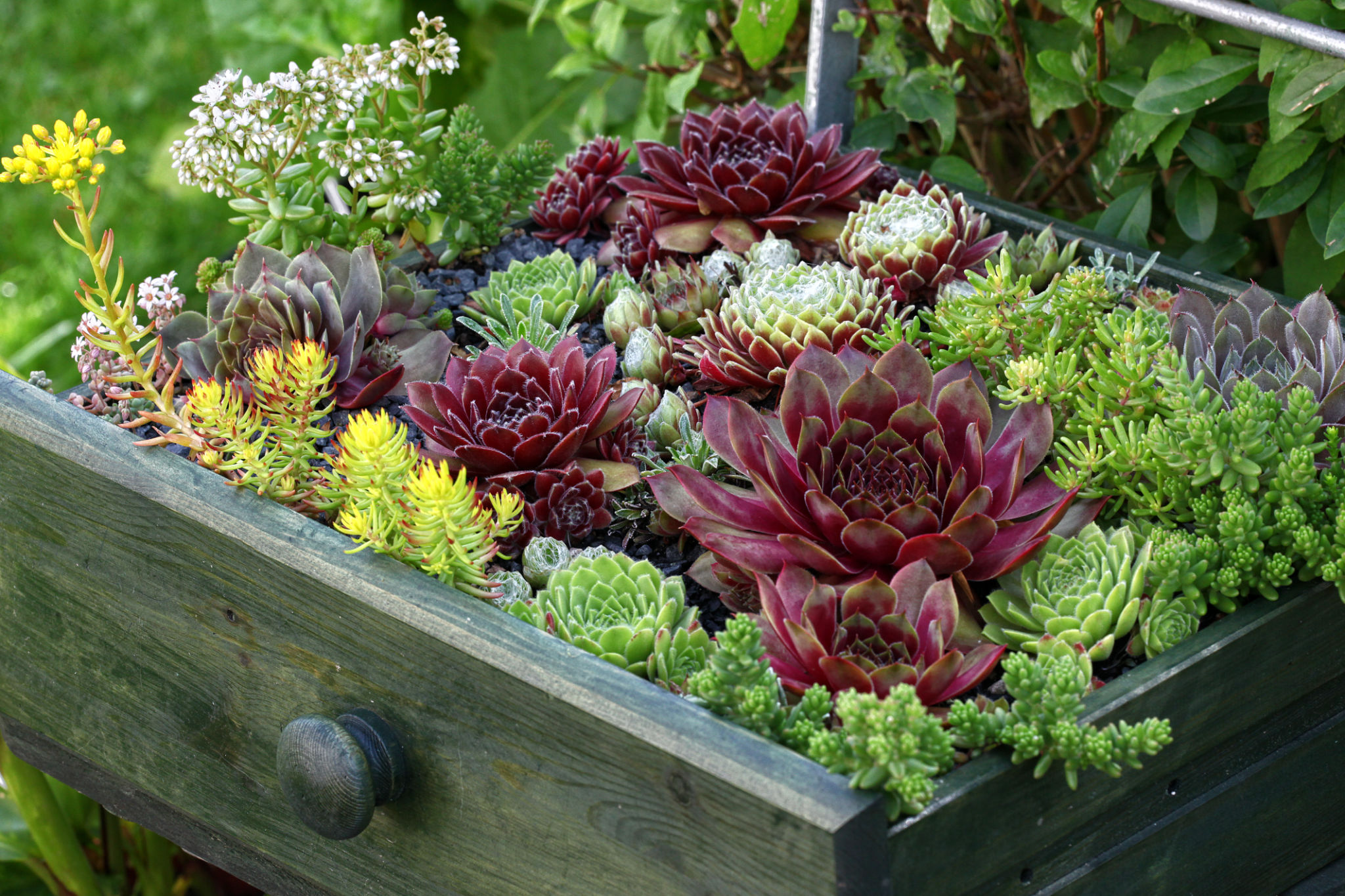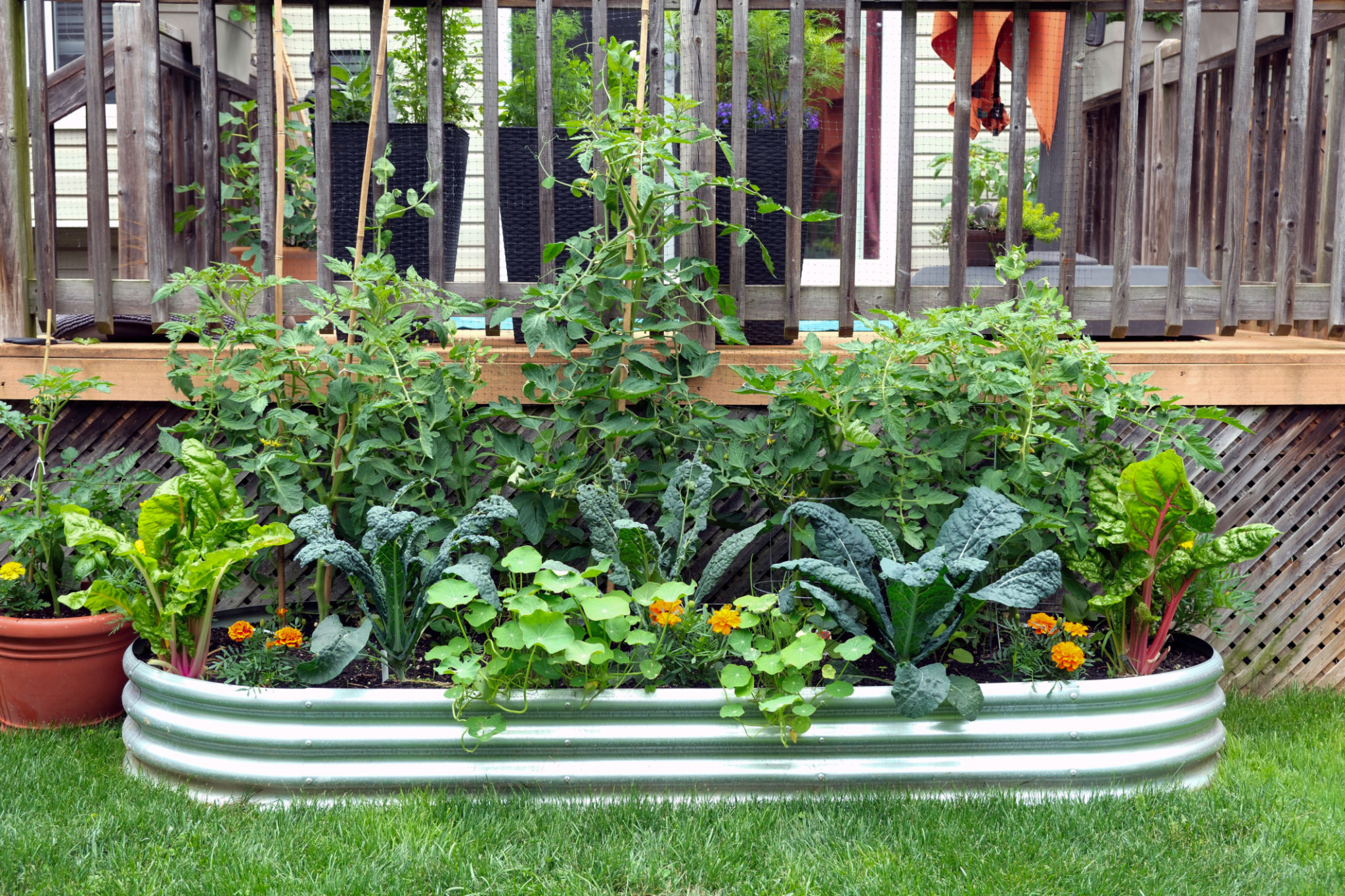Urban Gardening Tips for Tucson Residents: Thriving in a Desert Climate
Understanding Tucson's Climate
Urban gardening in Tucson requires a unique approach due to its desert climate. The region experiences extreme temperatures and low humidity, making it essential to choose plants that can withstand these conditions. Understanding the climate is the first step in creating a lush, thriving garden in the heart of the desert.
Tucson sees over 300 days of sunshine each year, with summer temperatures often exceeding 100 degrees Fahrenheit. Rainfall is sparse, averaging around 12 inches annually, which means water conservation techniques are crucial for a successful garden.

Selecting the Right Plants
Choosing plants that are well-suited to the desert environment is key. Native plants and succulents are ideal for Tucson gardens as they are adapted to thrive with minimal water and high heat.
Recommended Plants
- Cacti: These are quintessential desert plants that require very little water.
- Agave: Known for their striking appearance, agaves are drought-tolerant and low maintenance.
- Lantana: This flowering plant adds color to your garden and attracts pollinators.
In addition to these, consider planting herbs like rosemary and lavender, which are also well-suited for dry climates.

Watering Techniques
Efficient watering is critical in Tucson's desert environment. Implementing water-saving techniques not only conserves this precious resource but also ensures your plants receive adequate hydration.
Drip Irrigation
Drip irrigation systems deliver water directly to the plant's roots, minimizing evaporation and runoff. This method is highly efficient and can be automated for convenience.
Mulching
Applying a layer of mulch around your plants helps retain soil moisture and regulate temperature. Organic mulches such as wood chips or straw are excellent choices for Tucson gardens.

Soil Management
The soil in Tucson can be challenging due to its clay-heavy composition, which impedes drainage and root growth. Amending the soil is often necessary to create optimal growing conditions.
Incorporating organic matter like compost or well-rotted manure can improve soil structure and fertility. Raised beds are another effective solution, providing better drainage and easier management of soil quality.

Pest Control
Pests can be a challenge for any gardener. In Tucson, common pests include aphids, spider mites, and whiteflies. Implementing integrated pest management (IPM) strategies can help keep these nuisances at bay.
Natural Solutions
- Neem Oil: An effective natural pesticide that deters many common garden pests.
- Beneficial Insects: Introducing ladybugs or praying mantises can help control pest populations naturally.
- Companion Planting: Certain plants can repel pests when planted together.
By incorporating these strategies, Tucson gardeners can protect their plants while minimizing chemical pesticide use.